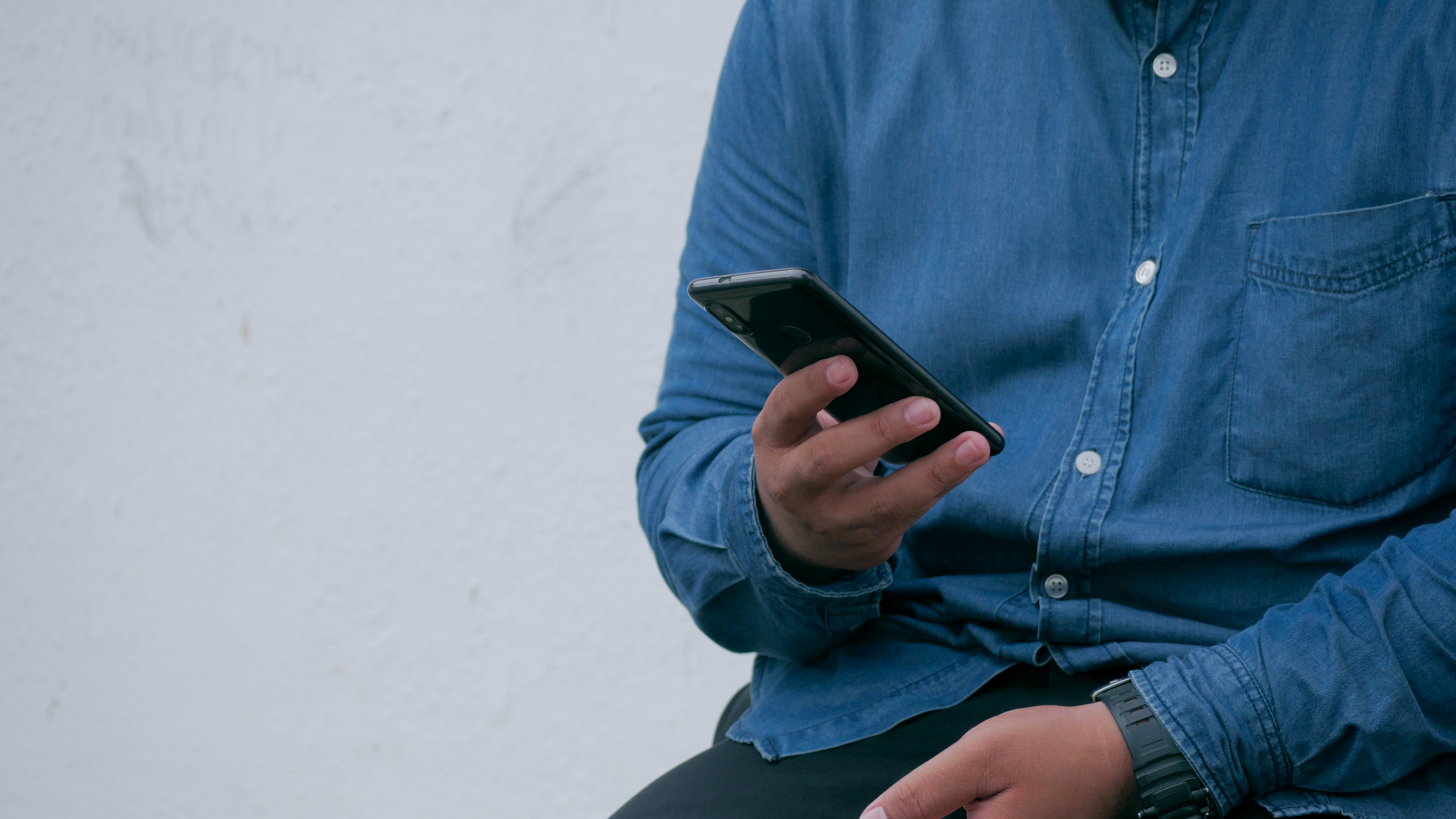Florida sees significant increase in crisis calls. Experts are worried the mental health crisis will reach epic proportions.
Experts predict the mental health crisis in Florida will become irreversible amid the pandemic. Seniors who have homes in the state have lost retirement savings. And, like other areas of the country, many have lost their income streams. Businesses have closed and domestic violence and child abuse cases have escalated.
Recent data shows mental health calls to the 211 helpline in Broward County have “increased 118% from March to April and suicide-related calls increased 86%.” Calls to 911 have also increased during the same time period.
“Because of the gravity of the economic losses and the level of uncertainty, on the other end of this we likely will see the biggest surge in demand for mental health and addiction services in American history,” said Steven Ronik, chief executive officer of Henderson Behavioral Health in Lauderdale Lakes. “We are working to make sure South Florida’s behavioral health system is funded and well prepared.” He added, “People of all ages are becoming despondent. It’s very important for family and friends to reach out to their people.”

Jackie Rosen, executive director and CEO of the Florida Initiative for Suicide Prevention, said her organization has “increased its outreach in the last few weeks and sends ongoing emails with positive messaging to its database of 5,000 people.” She added, “For everyone who already has a mental illness, this stress is increasing the problem, making them more susceptible to suicide. We know people are on the edge, and once they get out of isolation and have to deal with finances and not getting a job and other things, the situation will get a lot worse.”
“Everyone who calls has a different stress0r they are coping with during the pandemic,” said Frank Isaza, chief operating officer for the 211 helpline. “A lot of people are experiencing a lot of different types of loss. There is a lack of understanding of how much pressure and anxiety and stress people are under. We have to make sure they are told about ways to stay resilient.” Isaza said they’re expecting calls to increase for the remainder of the year. He asked the question, “What are people going to do when the time comes to get back to regular life, and regular life is not regular anymore?”
Melanie Brown-Woofter, executive director of the Florida Behavioral Health organization, said there has already been an increase in demand for mental health services by phone or video and believes challenging times are ahead. She said, “We expect to see transient depression and other anxiety that lingers for at least a year.”
Orange County Sheriff John Mina said, “There is anxiety with self-isolation. I think the biggest thing is not knowing what’s next, when things are going to get better, and what will everything look like once it does get better.”
Dr. Juan Rivera, an author, cardiologist and medical expert for Univision, said, “Mental health issues can manifest into physical health concerns, and such physical conditions as chest pain actually can be anxiety…That is the healthcare professional who knows the patient best and can be an important lifeline.”
The long-term impact of the pandemic is yet to be seen. Despite best efforts, however, resources are limited and the state’s crisis will likely reach epic proportions.
Sources:
Mental health meltdown looms for South Florida, and coronavirus is the trigger


Join the conversation!